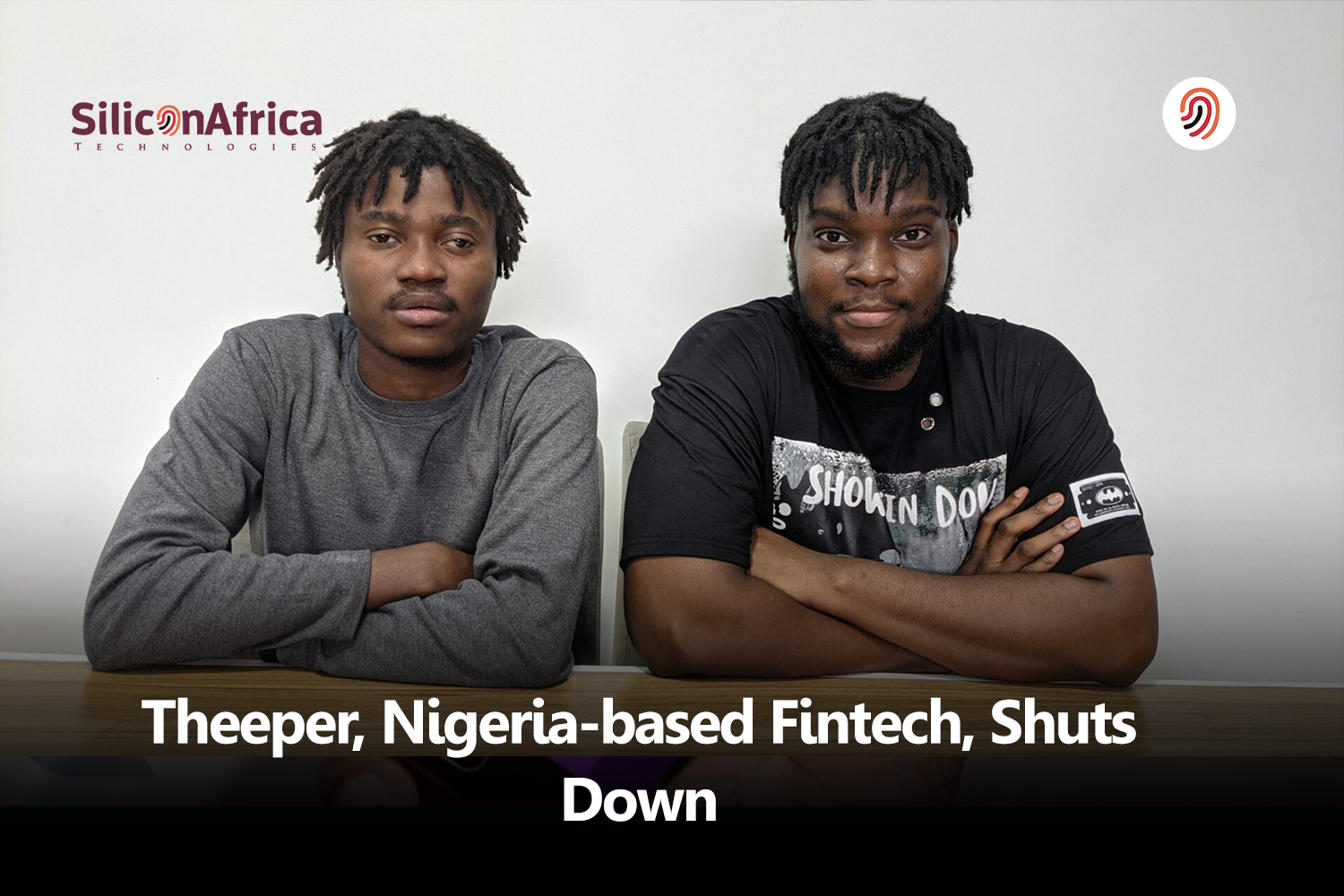Physical Address
60 Ekwema Cres, Layout 460281, Imo
Physical Address
60 Ekwema Cres, Layout 460281, Imo

Nigeria’s fintech sector suffered a major setback on April 1, 202024,ith the announcement of Thepeer’s closure.
The three year old startup that was known for its innovative API based payment solutions will stop its operation and return the rest of its capital to investors.

This news is shocking to some but rather a wake up call on the challenges that young fintech companies in Africa face.
Thepeer’s ambitious mission was to transform money transfers between digital wallets, simplifying payments and financial transactions.
The company closed a $2.1 million seed funding round in June 2022, demonstrating investor trust in their vision.
Nevertheless, the founders Michael Okoh and Chike Ononye admitted in a statement that great technology alone could not guarantee success.
Thepeer closed its doors, citing two main challenges: compliance issues and difficulties in getting many people to use the product.
The company’s unique service, which relied heavily on digital wallets for money movement, faced difficulties in navigating the regulatory landscape.
Getting the necessary approvals and ensuring compliance with financial regulations was a big barrier.
Moreover, Thepeer encountered limitations in user adoption. While digital wallets are getting popular in Nigeria, their general acceptance as a mainstream payment option has not been as quick as was expected.
The lack of a broad-based user base for digital wallets directly affected Thepeer’s ability to grow its services and attract a critical mass of customers.
Read More: CBN and Gluwa Partner to Boost the Use of eNaira
Notwithstanding the termination, Thepeer remains the epitome of innovation.
Through their API-based approach, they provided a hopeful alternative network for fintechs and businesses.
Thepeer’s vision was to link the wallets of several hundred fintech companies on the continent in order to facilitate smooth money movement within applications and websites.
This innovative method could have greatly improved the user experience in financial transactions throughout Africa. Thepeer’s shutdown also points out the many difficulties in navigating the African fintech space.
Regulatory frameworks are still developing and digital wallets adoption is still a challenge for many companies.
The experience of Thepeer is a warning for other start-ups, it underscores the importance of navigating compliance issues and customizing solutions according to user preferences.
The founders have not entirely closed the door on the platform’s future. While core operations are put in maintenance mode, Thepeer will be alive for a while.
The company is actively exploring options for the platform, which may include finding a “new home” where its innovative technology can be put to use.
The closing of Thepeer symbolizes the tough and ever changing nature of the African fintech market.
While it finally gave in to the challenges it was facing, its innovative approach is very much a learning experience for other startups.
With time, the African fintech market will mature and many more companies will learn from the story of Thepeer thus understanding how to handle regulatory obstacles and prioritize user adoption for sustainable growth.
Was this information useful? Drop a nice comment below. You can also check out other useful contents by following us on X/Twitter @siliconafritech, Instagram @ Siliconafricatech, or Facebook @ Silicon Africa.